8 Ways Fasting Is More Effective Than Dieting After 40
A health expert claims that fasting is better, easier, and more cost-effective than dieting.

Intermittent fasting might have seemed like a dietary trend a few years back, but it proved to be here to stay. Numerous health experts maintain that eating during a specific time window, usually in the middle of the day, fasting at night, and in the morning, is a genuinely effective method of losing weight and maximizing health benefits. Nutrition and hormone expert Dr Mindy Pelz is a big proponent of intermittent fasting, detailing all the ways it benefits your health.
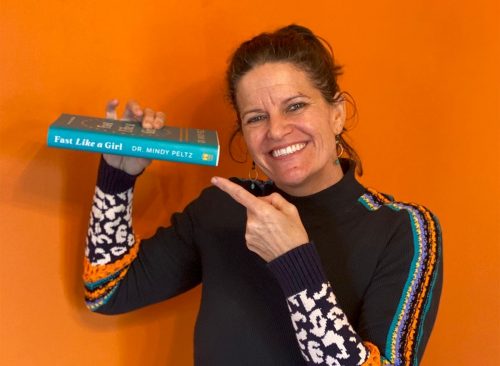
Dr. Pelz explains to the Telegraph that she spent most of her life trying to eat less and exercise more. However, during her perimenopausal years, her usual methods stopped working. She dabbled in diets like keto and paleo, but her “perimenopausal symptoms of depression, anxiety, and poor sleep went through the roof,” she said.
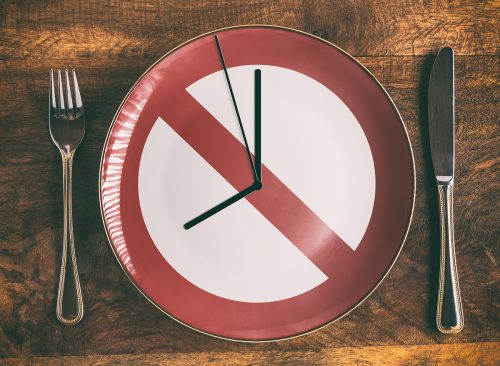
Dr. Pelz decided to try intermittent fasting, and within three days, “I could feel my weight dropping, energy rising, mood improving, hot flushes diminishing, and I found myself sleeping through the night again. It was such a fast and dramatic change to my health that I was hooked,” she said. She usually eats between noon and 8 pm, “so I fast for 16 hours a day. But, for me, there’s no one typical day – timings change,” she says.
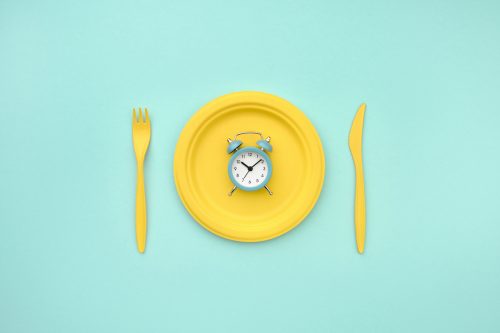
The first way that fasting is better than dieting is that it boosts fat-burning. “Every time you eat, your blood glucose goes up and your body burns sugar from the foods you eat. But if that’s all we do, we’re literally missing another way our body makes energy. When we fast for more than 13 hours, our body starts to burn fat and make ketones, which it uses as fuel,” Dr. Pelz says.

“It kicks in within a few days of starting intermittent fasting. Think about our primal hunter-gatherer friends – sometimes they’d make a kill and feast for hours, sometimes it would take them days to find food. So we’ve evolved to switch between these two ways of operating. Within every 24-hour period, we need an eating window and a fasting window, so you can switch between sugar-burning and fat-burning phases,” Dr. Pelz says.
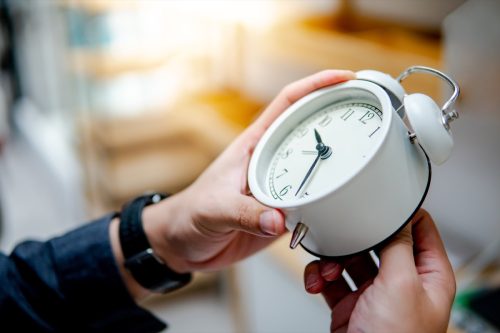
Another bonus is that fasting can be flexible. “Most health habits have to be focused, disciplined, and structured – the magic of fasting is the variation, allowing you to match it to your lifestyle. That’s why people can stick to it. When starting out, keep a journal and try eating breakfast slightly later to lengthen your fasting window. And if you get home from work later than usual and cook dinner at, say 9 pm, you could just fast a little longer the next day,” Dr. Pelz said.

Fasting can help encourage you to change your health habits, like consuming more good oils (olive, flaxseed, sesame seed) and avoiding the bad ones (such as margarine, corn oil, and vegetable oil). “Second, get off processed carbs like breads and cakes and get onto nature’s carbs – fruit, including lots of berries, veg, potatoes, and unprocessed whole grains. Third, ditch all the fake, synthetic ingredients – those additives such as colorings and sweeteners. If you just change those three things and learn to fast, even for just 13 hours, you will transform your metabolic health,” Dr. Pelz suggests.

Another benefit? Fasting helps with increased insulin resistance. “Oestrogen helps us use insulin efficiently. During perimenopause, progesterone steadily declines, while oestrogen fluctuates a lot more until that too declines post-menopause,” she says. “That’s why I think every woman over 40 should be fasting because it will help with this increased insulin resistance.”

Dr. Pelz also maintains that fasting helps with hormonal shifts. “I discovered fasting in my early 40s, and it became my weight-loss tool. Now that I’ve been almost a year without a cycle, I’m noticing that I’m putting weight on around my belly and my hips, as my body becomes more insulin resistant. So I am trying some longer fasts again, some days doing only one meal a day. I can already feel my mid-section weight change,” she says.

Other diets seem to get harder or more boring with time, she points out. “Fasting is not like that. I don’t snack anymore – I stopped bringing dried mango into the house because the whole bag would be gone,” she explains.
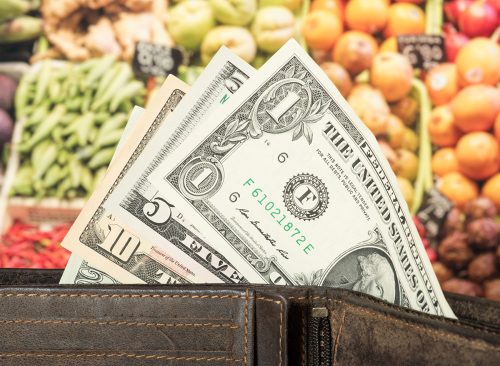
A really great benefit of fasting? While diets can be expensive, fasting doesn’t cost you any money.
RELATED: Surprising Signs You’ve Already Had COVID

Finally, she points out that you will feel better. During a fast window, as ketones go up, your hunger goes down, so you feel more benefits. “You can get addicted to fasting because you feel so good,” Dr. Peltz said.














